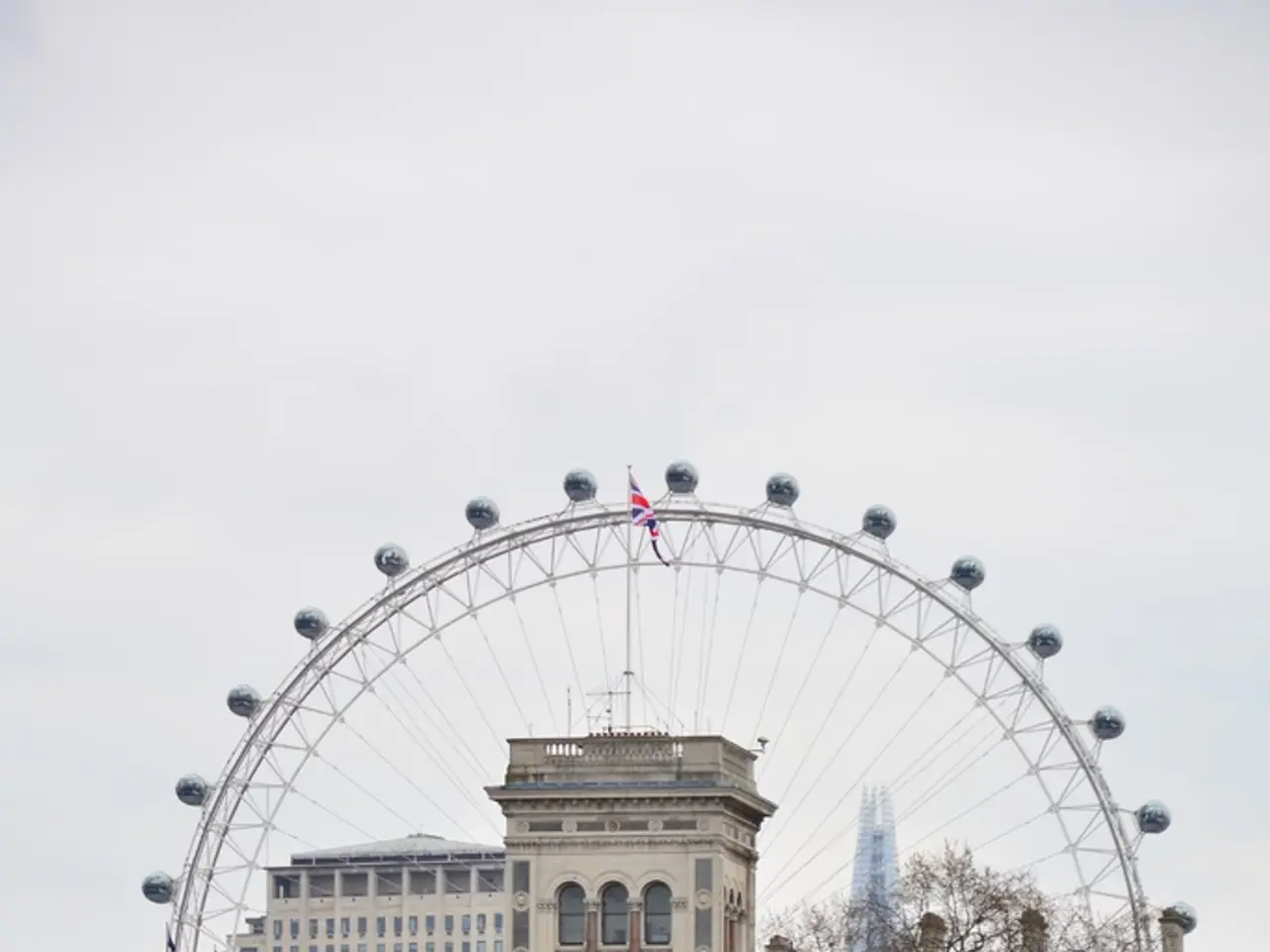Unveiling the Neglected Narrative: The Hidden Account of Indian Nannies in Europe During the British Raj Era
In the annals of colonial history, the experiences and identities of travelling ayahs have remained largely unacknowledged, hidden in the shadows of archival records and social memory. These Indian women, employed by British families to care for their children, were instrumental in the mobility of thousands of families in the globalized world, a role they played with quiet dignity and resilience.
The story of one such ayah, Alice Nona, can be found on the project website ayahsandamahs.com. Nona's journey, from Ceylon to Australia in 1949, is a testament to the lives of these women who bridged cultural divides and navigated complex social and cultural challenges.
Historically, the number of travelling ayahs increased significantly from around the 1850s, with an estimated 100 to 140 visiting Britain annually. While many did so out of economic necessity, others sought adventure and agency in unfamiliar lands. One remarkable example is Mrs Antony Pareira, who reportedly made an astonishing 54 voyages.
These women often found themselves in precarious situations upon arriving in Britain. After completing their duties, many were abandoned or left destitute. This led to the establishment of institutions like the Ayahs' Home in London, which provided shelter and support for abandoned Indian ayahs and Chinese amahs at the turn of the 20th century.
In Britain, these ayahs often faced social invisibility. However, they exerted their agency by negotiating their conditions and asserting themselves in unfamiliar territories. The Ayahs' Home in London, located in Aldgate and Hackney, was one such place where many ayahs found refuge and support.
Avantika Binani, a researcher, discovered that these women were often insignificant characters in the broader colonial discourse. Binani conducted her research by scanning the National Archives of Australia and newspaper articles on Trove, uncovering the hidden stories of these women. Her research also led to the installation of a blue plaque commemorating an Ayahs' Home in Hackney, which was recently unveiled in June 2022.
Binani's research also focuses on the journey of another ayah, Nona. Her blog provides a poignant account of Nona's journey from Ceylon to Australia, offering a glimpse into the lives of these unsung heroes of colonial history.
The Ayah and Amah International Research Network, a collaborative project comprising interdisciplinary scholars from the UK, Australia, and the United States, continues to delve into the stories of these travelling women, shedding light on the hidden labor and migratory experiences entwined with British imperial networks. Their work serves as a reminder of the crucial, yet overlooked, role these women played in history.
As historians delve deeper into the annals of colonial history, they often uncover captivating narratives of unsung heroes such as travelling ayahs. One of these stories is that of Alice Nona, who bridged cultural divides and navigated complex social and cultural challenges during her journey from Ceylon to Australia in 1949. Following in Binani's footsteps, researchers today are shedding light on the hidden labor and migratory experiences of these women through projects like the Ayahs and Amahs International Research Network. This research reveals that these women not only shaped home-and-garden lifestyles and travel experiences of British families but also faced significant social and economic challenges in their move from India to Britain.




